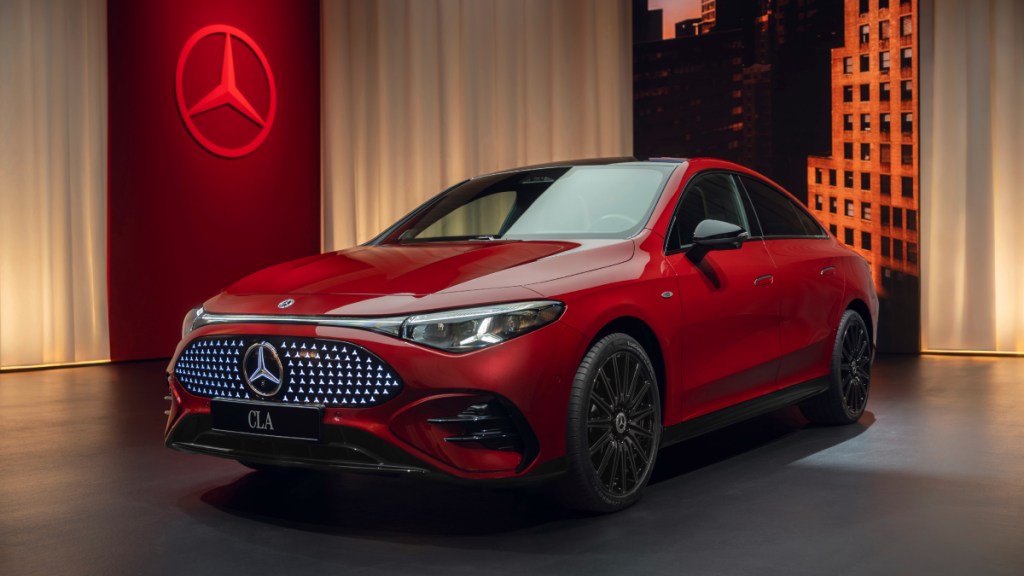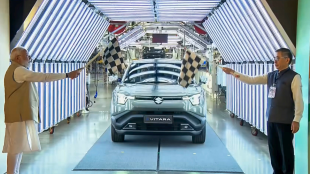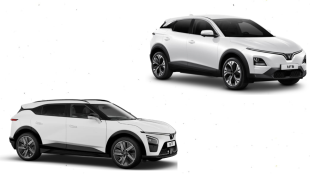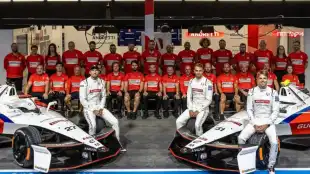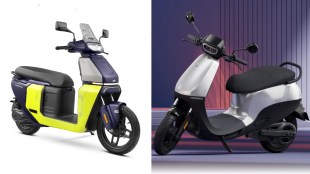Global automobile players like Mercedes-Benz, Skoda–Volkswagen, Hyundai and Kia have expressed interest in India’s new electric vehicle policy initiatives. Speaking to journalists, Union Heavy Industries Minister H D Kumaraswamy confirmed that these companies have already indicated their enthusiasm during industry-government stakeholder discussions on the ‘Scheme to Promote Manufacturing of Electric Passenger Cars in India’. The minister’s remarks came as the government unveiled detailed guidelines for the scheme, which was originally notified on March 15 last year.
Automobile companies are ready to invest in India
To encourage the global manufacturers to invest under the scheme, the approved applicants will be allowed to import Completely Built-in Units (CBUs) of electric four wheelers with a minimum CIF (cost, insurance and freight) value of $35,000 at reduced customs duty of 15% for 5 years from the application approval date.
“Mercedes Benz, Volkswagen, Skoda, Hyundai, Kia, all these companies have already shown interest,” said Kumaraswamy.
Approved applicants would be required to make a minimum investment of Rs 4,150 crore in line with the provisions of the scheme. The window for receiving applications through the Notice Inviting Applications will be for 120 days (or more). Further, the Ministry of Heavy Industries shall have the right to open the application window, as and when required, till March 15, 2026.
Tesla is not interested in manufacturing in India: Kumaraswamy
The Union of Heavy Ministers had earlier cleared the air, stating that Tesla is not going to manufacture electric vehicles in India. He further explained that the Elon Musk-led company is currently interested in setting up showrooms and directly importing vehicles to India.
India aimed to leverage its new EV policy to draw global EV manufacturers to establish production facilities and position the country as a global manufacturing hub. However, Tesla is cautiously entering the Indian market through the CBU import route, with plans to evaluate local manufacturing later.
